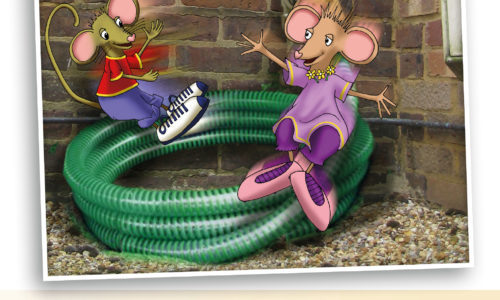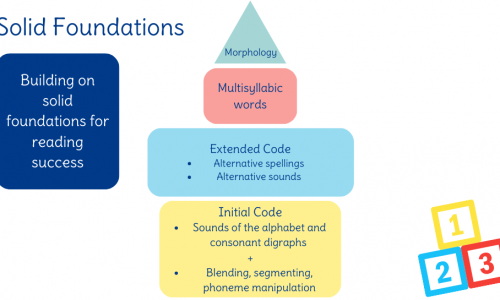
Decodable books have a very specific and limited purpose in the process of learning to read. They provide reading practice as children learn to use the sound/letter correspondences they have been taught and the strategy of blending sounds. As their code knowledge grows, children will be able to apply it to ‘authentic’ texts. Authentic texts […]
Read More




